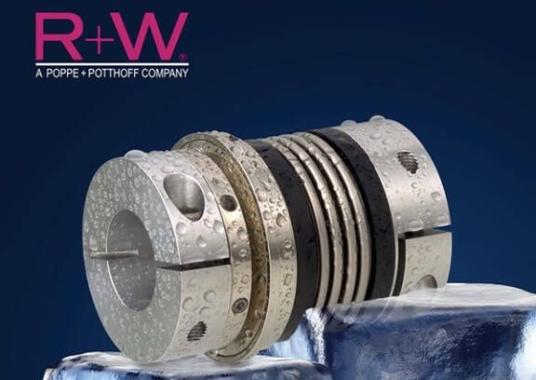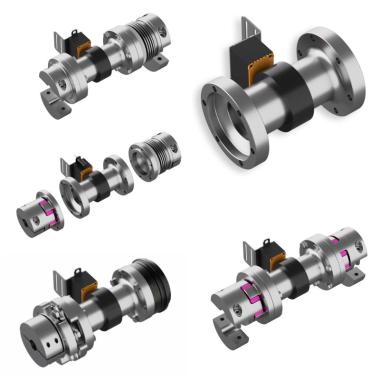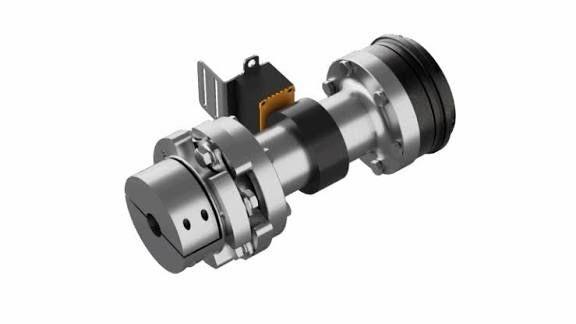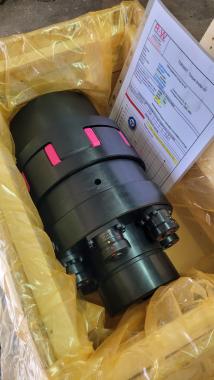MES: a management and optimization tool for the industry of the future
The MES: tool for steering and optimizing the industry of the future
You work to optimize your processes on a daily basis, because you have grasped the challenges of the industry of the future and want to increase productivity and competitiveness. ERP and CAPM have no more secrets for you, but you are missing a link to connect all of your information. With the arrival of MES , it's done. You now have a true conductor in your workshops capable of analyzing your production data and reacting in real time to optimize your processes . Focus on the management and optimization tool that will propel your company into a new industrial era.
What is an MES or Manufacturing Execution System?
Functions
MES software, for Manufacturing Execution System (or Manufacturing Execution System in French), corresponds to a computer system for execution, management and production monitoring with four main functions:
- Collect real-time production data within a manufacturing line over the entire life cycle of a product
- Analyze the data collected to improve the corresponding processes
- Ensure continuity in the collection of digital data from a factory
- Improve overall communication within the company
Choosing MES software depends on your goals and expectations .
Data collected
The data collected on the production cycle of a product may relate to:
- The materials used
- Manufacturing history
- Performances
- Traceability
- Manufacturing progress
- Delays
- Etc.
At the end of the collection of this data, the production managers are able to assess the gaps in the system to optimize the manufacturing steps . The gains are financial, temporal and qualitative.
Specificities compared to other data collection software
The data collected by this production management software concern the entire design chain from the order to the reception of the finished product . No process is forgotten and continuity in the collection and transmission of digital data is ensured. The functioning of the machines as well as the decisions of the operators are scrutinized.
The strength of an MES is its ability to detect critical information and communicate it to all the links in the chain .
The MES represents in a way the ultimate link between all the tools of the factory of the future . It liaises between the ERP, for Enterprise Resources Planning, which became more popular in industry from the 2000s, and the production processes. We can consider that it really corresponds to the missing link for a fully digitized industry .
Why create production management software for industry?
The Manufacturing Execution System solves a gap in data collection tools, but its functions go much further thanks to its global integration within your workshops.
Ensure the continuity of data collection
ERP and CAPM, for computer-aided production management, represent effective management systems, but with a discontinuity in the transfer of information. An essential step involving an operator is required to enter the data and analyze it a posteriori. Beyond the extra work, the risk of error was great.
The MES appears as a connector between these two technologies, because it collects, analyzes in real time and then transmits the information to whom it may concern . It definitely propels the industry into the future.
Improved communication of information
The Manufacturing Execution System meets the performance and competitiveness imperatives of manufacturers , as well as a need for harmonization between the links in the production chain.
Communication and data exchange lie at the heart of the strengths of the MES.
Increased competitiveness
The MES provides an answer to the problems encountered by manufacturers, which are:
- Constant quality improvement
- Competitiveness in the face of relocation
- The ever-increasing level of consumer demand in the face of a very competitive offer
To stand out and stay in the race, manufacturers in all sectors must be responsive and specific . In other words, they must produce quickly, better and differentiate themselves to attract customers.
These production issues are also confronted with legislation and environmental and safety constraints.
What are the advantages of MES?
The advantages of MES are numerous and they may differ depending on the use you make of it. However, whatever the industry concerned, certain advantages of this piloting software make it an almost indispensable tool for developing your company towards the industry of the future .
Real-time responsiveness
The MES represents a conductor for a production chain . Thanks to its connection with all of your processes, it knows how to redirect production to the minute, by directing both men and machines.
The MES is more efficient than the ERP insofar as it provides information in real time and makes it possible to adapt the rest of the production cycle immediately .
Assistance with compliance with regulatory requirements
By integrating the regulatory thresholds not to be exceeded as well as the performance to be achieved to guarantee the marketing of a product, the MES reduces your production losses .
Indirectly, it also helps reduce your environmental footprint
To go even further, the MES represents an essential compliance tool for many sectors subject to strict regulations (medical, agri-food, biotechnology, etc.).
Potential advantages depending on the use made of the MES
The benefits provided by an MES are numerous and vary from one plant to another depending on your needs and requirements:
- Optimized production monitoring
- Improved traceability
- Seamless quality control and regulatory compliance ensured
- Management of preventive and curative maintenance
- Yield optimization
- Improved customer satisfaction
- Reduced manufacturing cycle and time to market
- Increased supply chain visibility
- Contribution to a paperless factory
- Etc.
How to properly integrate a Manufacturing Execution System into your processes
The industry of the future reserves a special place for humans, since 4.0 tools, although very powerful, only reveal their full potential after an essential successful integration of the human hand .
Define the place of MES in its industry
The MES represents an overpowered tool, but it needs to be properly integrated into the production chain . To collect relevant data, sensors must strategically equip machines to obtain usable information.
To correctly integrate the MES into your industry, you will analyze upstream the problems encountered and the variables to be improved.
Traceability analysis and real-time monitoring represent subsequent steps that will take on their full meaning and offer convincing results in a second phase.
What's the problem if you don't install an MES step by step? As with any development and improvement project, the interest of integrating an MES into its industry depends on the return on investment it allows . This costing is difficult, because we can talk about savings in production and labour, but this estimate remains unclear and can lead the decision-making bodies to refuse the use of an MES.
To overcome this problem, the objectives and expectations regarding the benefits of the MES must be defined upstream .
Like a new employee who does not really know why he was employed, an MES will only give the best of itself if its implementation responds to strict infringements. The stakes and the scope of action are thus to be established scrupulously under penalty of investing a lot for poor results.
This is where the human factor appears since operators and decision makers must understand how this software works in order to integrate it properly and successfully into the production chain.
The MES does not represent a ready-made solution, but a tool that adapts specifically to a problem . Its use is not simply transposed from one plant to another since it depends on the gaps to be filled.
Improve overall communication within its industry
As a continuous improvement software that collects, analyzes and advises, the MES plays a key role in communication between the different departments of an industry . It thus provides a determining function of connection between trades which before never crossed paths.
The industry of the future has the particularity of finally becoming more human than the industry of the past by needing humans to exist and perform their tasks correctly.
User experience can become operator experience with MES . By visualizing the interest of digital and the contributions it generates within a company, the synergies between services and the understanding of each person's role are reinforced. The MES brings together all the links in a production chain around a common objective: the optimization of production .
Before the development of such digital tools, productivity losses were partly explained by this misinformation.
An essential element of Industry 4.0, the MES connects all the tools, all the equipment and all the trades for a complete digitization of the processes . The MES creates an intelligent and connected factory in which data becomes essential to its sustainability. Welcome to Smart Manufacturing.
Our other news
See allJoin the largest community of industrial suppliers
- Helping you with your ongoing technology watch
- Provide you with detailed supplier statistics
- Give you international visibility
Discover the largest catalogue of industrial products on the market
- To offer you the best catalogue of industrial products on the market
- To guarantee you a 100% secure platform
- Enable you to have live remote exchanges


 Français
Français 







